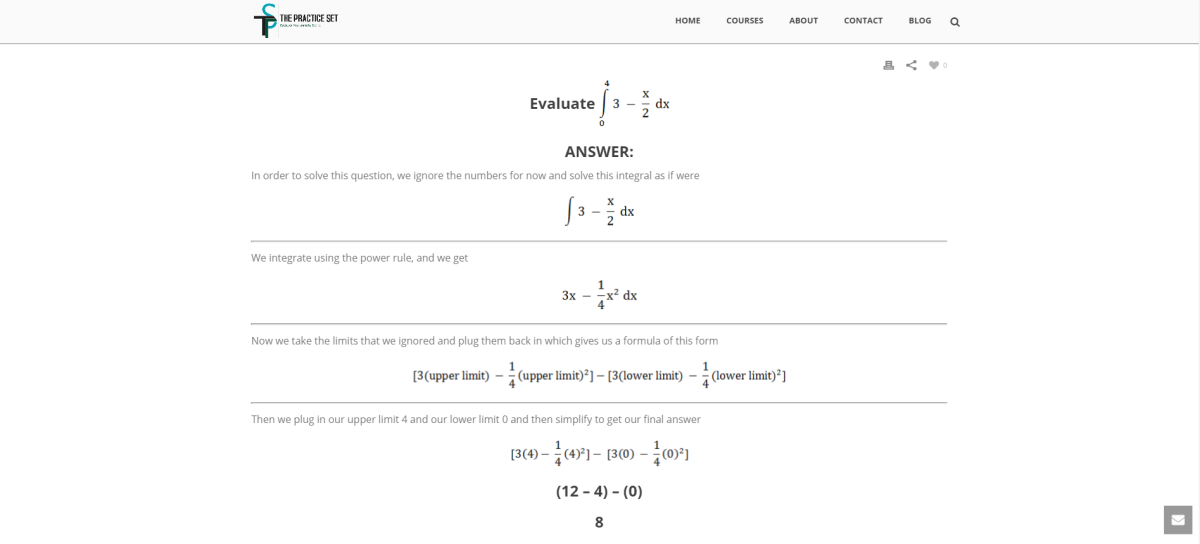We recently wrote about this year’s Hen Hatch winners, where medical science inventions ruled the roost. Now we’re doing a #tbt and checking in with one of Hen Hatch’s 2015 student winners.
Jordan Gonzalez and Keith Doggett won $6,000 for their website, The Practice Set, which offers practice problems in STEM topics like calculus and physics.
Gonzalez, a junior, first came up with the idea when he had an upcoming test in differential equations and felt totally lost.
“I locked myself in a room for five hours on a Saturday,” he said. “If I didn’t study, I was gonna fail. I searched the internet, scoured textbooks and all my homework and notes. But five hours later, I was just as lost as when I started.”
That’s when he realized he wished he had access to problems he could practice with that also explained the answers.
He and his buddy Doggett, also a junior, worked on the idea that became The Practice Set and launched the website last year. Just a month and a half ago, they officially went live with a revamped website and new problems and explanations.

Doggett is studying electrical engineering, while Gonzalez entered school for mechanical engineering but has switched to finance. “He’s our technical guy and I’m the guy who talks all the time,” Gonzalez quipped.
They used some of their Hen Hatch winnings to hire students and tutors to write and explain problems. When one person writes a problem and explanation, another is presented with the same problem and asked to solve it and write their own explanation. If both are the same, it enters the question bank.
Easy questions are free, but to access medium to difficult questions, students have to pay $10 for a monthly membership. In the past month, more than 50 people have registered to use the site, Gonzalez said.
He voiced excitement about the different ways The Practice Set can be used — either in a group setting, with a tutor, or for individuals. He also hopes that students from other universities will pick up on it, as the concepts are universal.
“Teachers will vary on style of teaching, but you have to know ‘two plus two equals four’ at the end of the day,” he said.
He’s also adding blog posts to the web site, which he plans to write weekly, that will explain wacky math and physics scenarios, like how fast a person needs to go to fly with their arms, or how many people it would take to tip an elephant.
“We want to try to get more granular in math,” Gonzalez said. “We want to show people that it’s easily accessible.”
They’re in talks with UD’s tutoring center about running a trial with the website for group tutors. The two will continue working on the site and fully plan on continuing the business after graduation. Things are looking up for them, Gonzalez said: “It’s been going really well.”
2015 Hen Hatch winners plugging away with their STEM-help website







